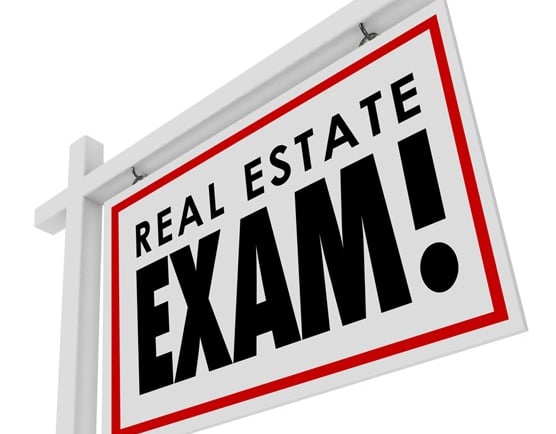What Real Estate License Should I Get?
Here’s a comprehensive guide to help you decide which real estate license to pursue.


Embarking on a career in real estate is an exciting journey, but choosing the right type of license can be a critical first step. The license you obtain will determine the scope of your practice, the kind of real estate transactions you can handle, and the level of responsibility you will have. Here’s a comprehensive guide to help you decide which real estate license to pursue.
1. Real Estate Salesperson License
A real estate salesperson license is typically the entry-level license for new agents. Here’s what you need to know:
Responsibilities:
Work under a licensed real estate broker
Assist clients in buying, selling, or renting properties
Conduct property showings, draft contracts, and negotiate deals
Requirements:
Complete pre-licensing education (varies by state, usually between 60 to 150 hours)
Pass a state licensing exam
Meet any additional state-specific requirements (e.g., background checks)
Best For:
Individuals new to the real estate industry
Those who prefer to work under the guidance of an experienced broker
2. Real Estate Broker License
A broker license allows for more independence and responsibility compared to a salesperson license. Brokers can operate their own real estate businesses and hire other agents.
Responsibilities:
Supervise real estate salespersons
Manage a real estate office
Oversee transactions to ensure legal and ethical compliance
Requirements:
Hold a real estate salesperson license for a certain period (usually 1-3 years, depending on state regulations)
Complete additional education (typically another 60-90 hours)
Pass a more comprehensive state broker exam
Best For:
Experienced agents looking to advance their career
Those who want to run their own real estate business
3. Real Estate Associate Broker License
An associate broker is someone who has obtained a broker’s license but chooses to work under another licensed broker, similar to a salesperson.
Responsibilities:
Perform the same duties as a salesperson
Have the same level of education and expertise as a broker
Potentially take on additional responsibilities within the brokerage
Requirements:
Same as for a broker license (experience and additional education)
Pass the state broker exam
Best For:
Experienced agents who want the qualifications of a broker but prefer not to manage their own brokerage
4. Property Manager License
Some states require a specific license for property management, which involves managing rental properties and dealing with tenants.
Responsibilities:
Manage rental properties on behalf of owners
Handle tenant issues, maintenance, and rent collection
Ensure compliance with landlord-tenant laws
Requirements:
Complete state-specific property management courses
Pass a state exam (if required)
Best For:
Individuals interested in managing rental properties
Those who prefer a role focused on property maintenance and tenant relations
5. Specialized Real Estate Licenses
Certain types of real estate transactions may require specialized licenses, such as:
Commercial Real Estate License:
Focus on commercial properties like office buildings, retail spaces, and industrial properties
Often requires additional education or experience
Real Estate Appraiser License:
Assess the value of properties
Requires specific appraisal courses and state certification
Conclusion
Choosing the right real estate license depends on your career goals, experience level, and area of interest. If you’re just starting out, a real estate salesperson license is the most common entry point. For those looking to advance their careers and take on more responsibility, a broker or associate broker license might be the way to go. Property management and specialized licenses are great for those with specific interests in the real estate field. Carefully consider your long-term goals and the requirements of each license type to make the best decision for your real estate career.
